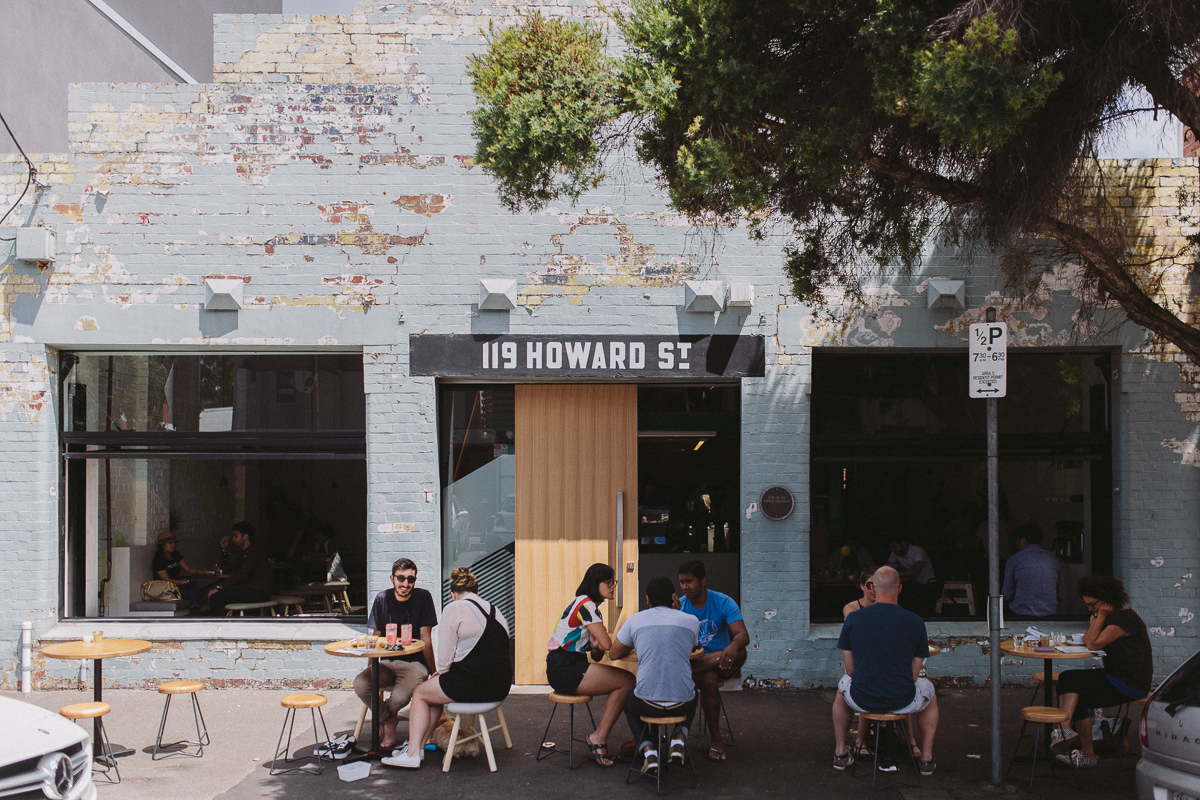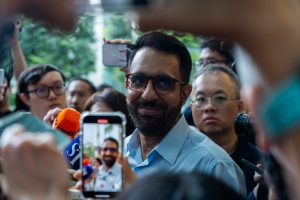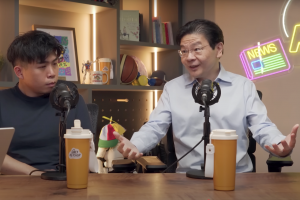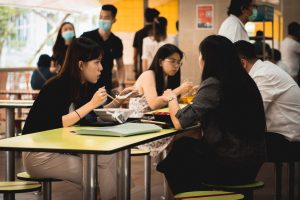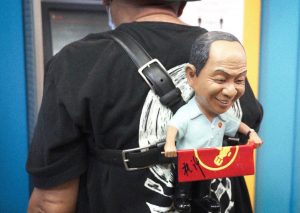“It’s tough living in Singapore.”
This a phrase I hear a lot of when family and friends visit Australia.
My family left Singapore in 2004, when I was 10 years old. We departed the humid island nation and migrated to a larger island nation, this time greeted by an icy winter breeze. Since then, many people have come to our home Down Under, particularly impressed and somewhat envious of the Australian way of life upon leaving.
“Wah, there’s a minimum wage here?!?”
“Buying a car is so cheap sia!”
“Our politics is broken lah.”
Now, this article is not going to be a commentary on politics. I studied politics at University and have come to care very little about it. The more I learn, the more I believe our systems are only as good and as useful as the politicians that operate within them.
However, having lived in Singapore for 10 years and over half my life in Australia, I can offer insight into the dichotomy of the two different worlds. Like I’ve said to many friends and family, by placing the West on a pedestal, it becomes easy and convenient to pick out the things the Orient does wrong, and overlook what it has done right.
By placing the West on a pedestal, it becomes “tough” to live in Singapore.
“Nobody in Singapore drinks Singapore slings.” – Anthony Bourdain
It’s funny that when you mention Singapore to anyone in Australia, the Singapore sling is the first thing that springs to mind. A mix of different gins, liqueurs and juice, the Singapore sling, though not popular amongst locals, is emblematic of the community from which it stems.
The thing that makes me most proud to be of Singaporean heritage is the way cultural difference is celebrated. Singapore has a long list of public holidays, and the list is long for a very specific reason; to acknowledge the cultural holidays of its diverse population. The 28th and 29th of January are allocated for Chinese New Year, the 10th of May for Vesak Day (Buddhist holiday), the 25th of June for Hari Raya (Muslim holiday), the 1st of September for Haji (Muslim holiday), and the 18th of October for Deepavali (Hindu holiday).
I remember growing up in Singapore and celebrating Hari Raya with my friends, learning about Islamic culture and the theological reasons behind certain traditions. In turn, my family would often invite others over for Chinese New Year and they would learn about Chinese culture, why each calendar year has an associated animal, and take part in the delicious ritual of steamboat.
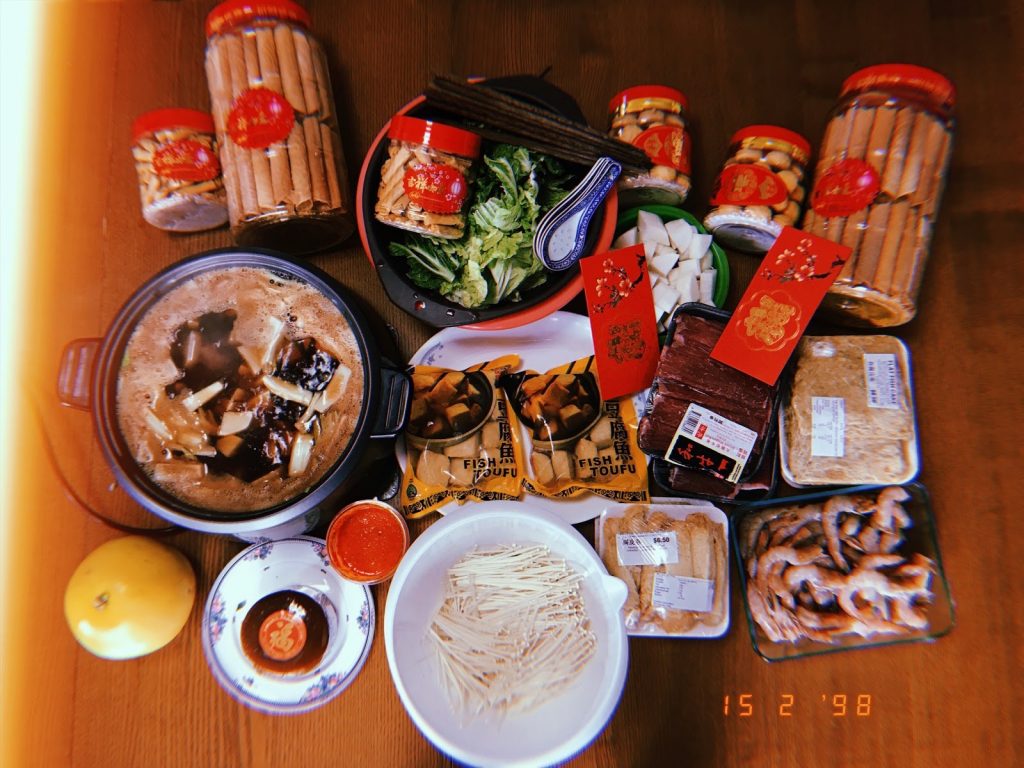
This isn’t to say that racism no longer exists in Singapore. But in Singapore, cultural cohesion and unity is recognised as a fundamental pillar of society.
Meanwhile in Australia, no cultural holidays are celebrated. For every mainstream celebration like Christmas and Easter, Australia also has holidays for a horse race (the Melbourne Cup) and the AFL (Australian Football League) grand final. However, there is no real acknowledgement of ethnic cultural holidays, which I believe has been of detriment to Australian society as a whole.
A study released by Western Sydney University found that one in five Australians experienced racism in 2016. Moreover, 31.6% of respondents in the study claimed to have negative feelings towards Muslim Australians while 41.1% believed that Australia is weakened by people of different ethnicities sticking to their old ways.
Often you’ll find that ignorance and bigotry stems from a place of suspicion and misconception. But our differences—potentially fear-inducing when misunderstood—when celebrated through festivity, providing a social space for connection and engagement.
Then there’s the way in which the government looks after the elderly.
A UN report released in late 2017 estimated that by 2030 there will be 1.8 million people aged over 65 living in Singapore, making them approximately 28% of the overall estimated population. Yet Singapore is one of the few countries where I have seen the most active and engaged elderly generation. Whether it be playing checkers on public tables, taking part in classes at the community centre, or working the counter at McDonalds, Singapore’s elderly are given every opportunity to maintain physical and mental independence.
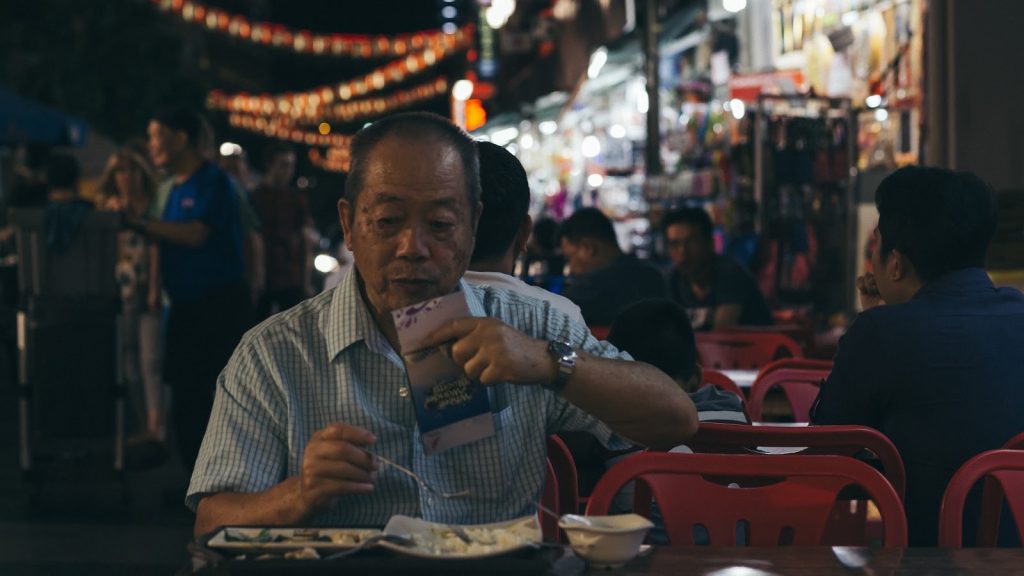
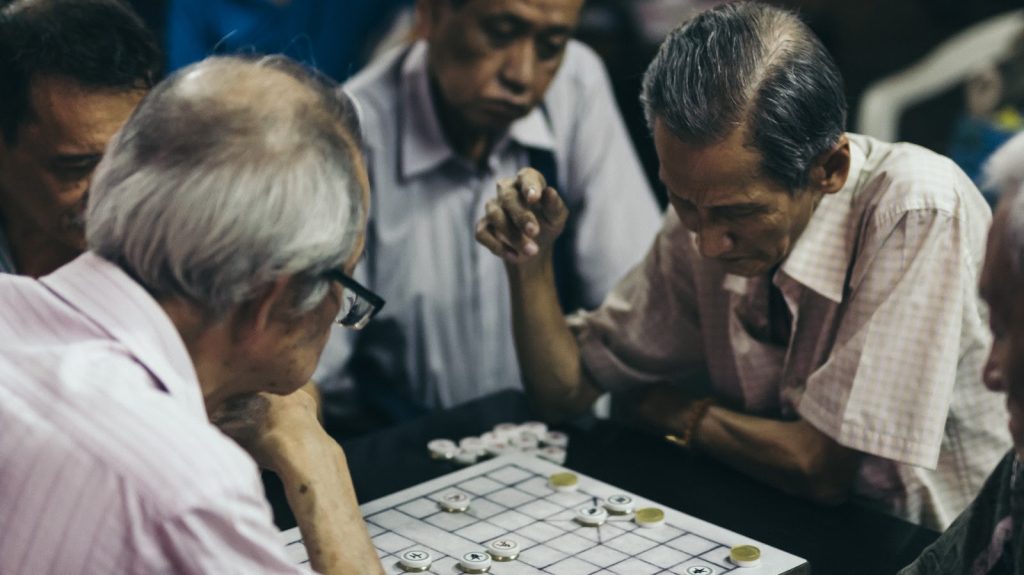
However, the older the population, the more at risk they are to loneliness and depression. In a 2012 study by Aged and Community Services Australia (ACSA), elderly Australians aged over 65 reported that they did not leave home, or did not leave home as often as they would like.
In Singapore, the number of seniors that live alone has tripled since 2000. Yet according to the Ministry of Manpower, the labour force participation rate for workers aged 65 and over sat at 26.8% in 2017. This puts Singapore in the top 10 developed economies with the highest participation rates for citizens 65 and over. The list includes Estonia (26%), South Korea (31.5%) and chart topping Iceland (40.6%). Meanwhile in Australia, the same age bracket in January 2018 had an overall participation rate of just 13%; 17% for men and 10% for women.
Having a more engaged elderly population not only has economic benefits but social benefits as well. Encouraging the elderly to maintain their independence eases the pressure on the overall dependency ratio and health care systems, but most importantly removes the biggest risk factor to their physical and mental health: social isolation.
“That whole thing about having to look tough has never left Australia.” – Robert Forster
Whenever Singaporeans visit Australia, they often leave with a sense of ambivalence.
“Australia is so shiok, our politics is broken lah.”
What did I say about putting the West on a pedestal?
In the last ten years, Australia has had seven different Prime Ministers. Unlike the US President, Prime Ministers serve no term limits, with federal elections occurring every three years. However, only three of the past seven Prime Ministers have been democratically elected: John Howard, Kevin Rudd, and Tony Abbott. The other recent leaders have all come from leadership spills from within the ruling party; party members, having lost faith in the leadership, opt for what can only be described as an elegant coup. Hubris and politics is a potent mix, and this democratic instability impacts public life in a multitude of ways.
Different Prime Ministers come with different priorities, resulting in staff changes, shifting portfolios, and alternating budgets. These tabula rasa changes come at a cost for the populus.
Take for example, the environment. Australia has struggled to implement proper environmental policy due to the revolving door of leadership and the different opinions that come with that. In 2014, Prime Minister Tony Abbott signed the Paris climate agreement, outlining the National Energy Guarantee with the goal to reduce carbon emissions by 26% in 2030. However, when Malcolm Turnbull seized leadership in 2015, key climate policies were soon left by the wayside and Australia’s progress on the environment was reset once more.
Simply put, the nation has gotten used to seeing displaced leaders leave parliament house amid political gridlock, hiding their face from the media behind Burberry trench coats.
Apparently, mink works wonders for shame.
On a similar but lighter note, the Australian public transport system is just as disjointed, reflecting our shambolic political climate. Unlike Singapore’s efficient MRT and bus systems that operate almost like clockwork, our transport system is just not as reliable.
Buses and trains are often late and sometimes get cancelled due to ongoing maintenance works on ageing machinery. Our version of Singapore’s EZ-Link—myki (pronounced my key)—is an absolute nightmare. The ticketless card readers take multiple attempts to accept a myki card and you often find yourself pressing forcefully on the machine at the front of bus, where a slow panic sets in as a disgruntled line forms behind.
Australia mightn’t be as humid as Singapore, but a MyKi experience is sure to make you sweat. I often find myself begging the transportation gods to simply let me get on with my day.
Democracy is a system that is perfect in an idyllic world, but as I previously mentioned, our systems are only as good and as useful as the people that operate within them. Sadly, our systems cannot account for ambition, pride, and egoism. We’ve just become accustomed to the circus.
So yes, that’s right, seven Prime Ministers in ten years.
You do the math.
“This may be a wicked age, but your lives should redeem it.” – St Paul
Much maligned as they may be, I have to give credit where credit is due. A government with guiding principles that encompass all aspects of a diverse population, and that attempts to cater for them in some way deserves recognition. And before you get up in arms, I’m not saying that the system in Singapore is perfect.
Having experienced life in two very different countries, and having travelled to a great deal more, I have come to the conclusion that no system or framework is perfect. In fact, I would go as far as to say that an individual’s happiness and state of mind are not as interconnected to the existing social climate as people might think.
I volunteered in Cambodia during the lead up to a questionable election; spent time with locals in overcrowded South African townships; wandered the gated and tense streets of Northern Ireland, and every person I met along the way did not reflect the polity and civility of the time.
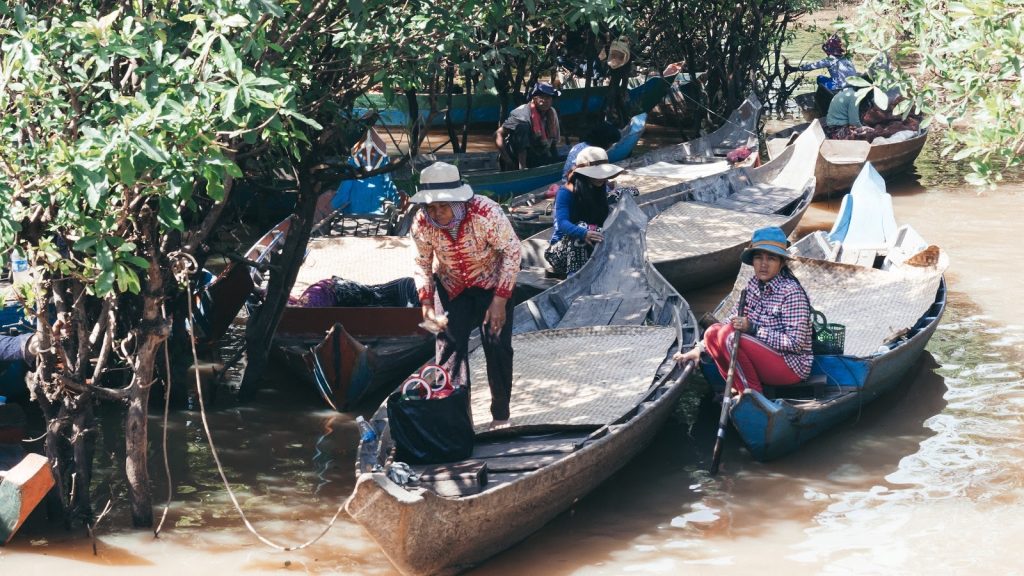
“Just because people in Cambodia are happy with less/something different doesn’t mean we should be,” I’m anticipating some of you will comment.
But this isn’t a commentary on entitlement, nor am I pontificating about accepting the status quo. Outlining some positive initiatives present in Singaporean governance and some drawbacks of Australian governance shows that though struggle may be relative, the human condition is independent to the constraints that may exist to contain it. Some politicians will act with pure intentions, others will act out in sheer conceitedness.
Instead, this has been about encouraging a shift in mindset; that we can only control our actions and thereby, our outcomes. That as a collective citizenry, we should be guided by gratitude, acting out for change when necessary.
I’m not saying that we ignore the very real problems that arise in political policy making. We should always agitate for change. We should always demand better from those who govern us.
The greatest human strides have come from our ability to collectively align our values in search for something better.
But when politics does fail us—and there are moments when it inevitably will, each other is all we’ve got.
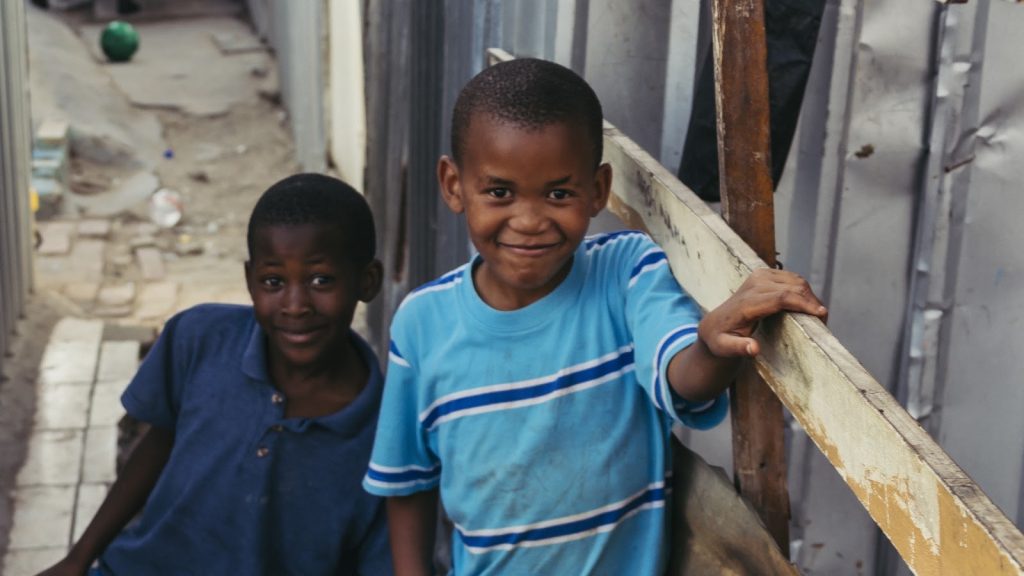
Let me leave you with this.
A few years ago, I met a young Singaporean family who had just migrated to Australia. 18 months into their move, they were becoming disillusioned with life.
“I think we’re going to go home.”
“Home?” I asked.
“Yes, back to Singapore.”
“Why?”
“Australia is just not Singapore enough, you know?”
Not Singapore enough—such a comment was trivial as it was loaded.
But remember when I said, “the more I learn, the more I believe our systems are only as good and as useful as the politicians that operate within them?”
The same goes for us as individuals, because on some level, our systems are only as good as we allow them to be.
Truth is, it can be tough to live anywhere.

